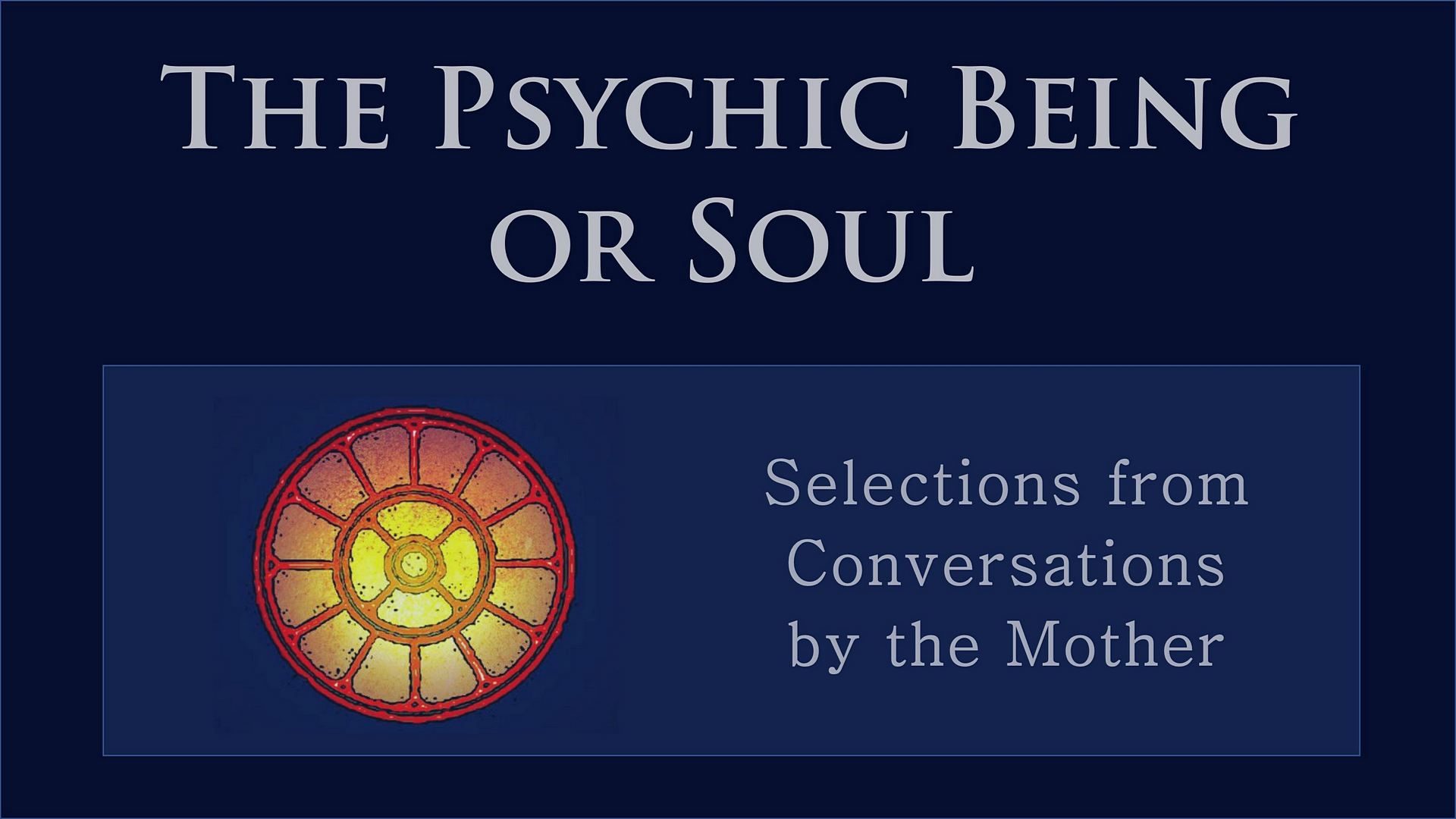
How can one “learn of pure delight”?
First of all, to begin with, one must through an attentive observation grow aware that desires and the satisfaction of desires give only a vague, uncertain pleasure, mixed, fugitive and altogether unsatisfactory. That is usually the starting-point.
Then, if one is a reasonable being, one must learn to discern what is desire and refrain from doing anything that may satisfy one’s desires. One must reject them without trying to satisfy them. And so the first result is exactly one of the first observations stated by the Buddha in his teaching: there is an infinitely greater delight in conquering and eliminating a desire than in satisfying it. Every sincere and steadfast seeker will realise after some time, sooner or later, at times very soon, that this is an absolute truth, and that the delight felt in overcoming a desire is incomparably higher than the small pleasure, so fleeting and mixed, which may be found in the satisfaction of his desires. That is the second step.
Naturally, with this continuous discipline, in a very short time the desires will keep their distance and will no longer bother you. So you will be free to enter a little more deeply into your being and open yourself in an aspiration to… the Giver of Delight, the divine Element, the divine Grace. And if this is done with a sincere self-giving — something that gives itself, offers itself and expects nothing in exchange for its offering — one will feel that kind of sweet warmth, comfortable, intimate, radiant, which fills the heart and is the herald of Delight.
After this, the path is easy.
Sweet Mother, what is the true delight of being?
That very one of which I am speaking!
Sweet Mother, here when Sri Aurobindo speaks of an existence “that multiplied itself for sheer delight of being”, what is this delight?
The delight of existing.
There comes a time when one begins to be almost ready, when one can feel in everything, every object, in every movement, in every vibration, in all the things around — not only people and conscious beings, but things, objects; not only trees and plants and living things, but simply any object one uses, the things around one — this delight, this delight of being, of being just as one is, simply being. And one sees that all this vibrates like that. One touches a thing and feels this delight. But naturally, I say, one must have followed the discipline I spoke about at the beginning; otherwise, so long as one has a desire, a preference, an attachment or affinities and repulsions and all that, one cannot — one cannot.
And so long as one finds pleasures — pleasure, well, yes, vital or physical pleasure in a thing — one cannot feel this delight. For this delight is everywhere. This delight is something very subtle. One moves in the midst of things and it is as though they were all singing to you their delight. There comes a time when it becomes very familiar in the life around you. Of course, I must admit that it is a little more difficult to feel it in human beings, because there are all their mental and vital formations which come into the field of perception and disturb it. There is too much of this kind of egoistic asperity which gets mixed with things, so it is more difficult to contact the Delight there. But even in animals one feels it; it is already a little more difficult than in plants. But in plants, in flowers, it is so wonderful! They speak all their joy, they express it. And as I said, in all familiar objects, the things around you, which you use, there is a state of consciousness in which each one is happy to be, just as it is. So at that moment one knows one has touched true Delight. And it is not conditioned. I mean it does not depend upon… it depends on nothing. It does not depend on outer circumstances, does not depend on a more or less favourable state, it does not depend on anything: it is a communion with the raison d’etre of the universe.
And when this comes it fills all the cells of the body. It is not even a thing which is thought out — one does not reason, does not analyse, it is not that: it is a state in which one lives. And when the body shares in it, it is so fresh — so fresh, so spontaneous, so… it no longer turns back upon itself, there is no longer any sense of self-observation, of self-analysis or of analysing things. All that is like a canticle of joyous vibrations, but very, very quiet, without violence, without passion, nothing of all that. It is very subtle and very intense at the same time, and when it comes, it seems that the whole universe is a marvellous harmony. Even what is to the ordinary human consciousness ugly, unpleasant, appears marvellous.
Unfortunately, as I said, people, circumstances, all that, with all those mental and vital formations — that disturbs it all the time. Then one is obliged to return to this ignorant, blind perception of things. But otherwise, as soon as all this stops and one can get out of it… everything changes. As he says there, at the end: everything changes. A marvellous harmony. And it is all Delight, true Delight, real Delight.
23 January 1957



About Savitri | B1C3-05 Progress of Man Towards Divine Superhumanity (pp.26-27)